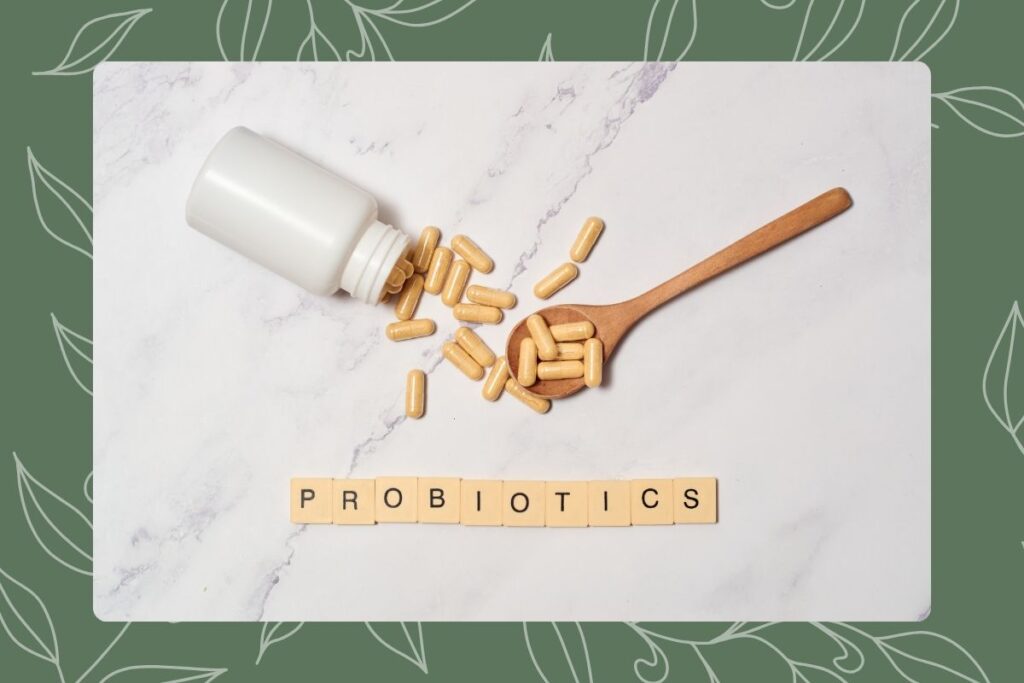Probiotics in Skincare: Benefits and Best Practices

Key Takeaways
- Probiotics help balance the skin’s microbiome, strengthen its barrier, and reduce inflammation for calmer, healthier skin.
- Different probiotic strains offer unique benefits—like Lactobacillus for hydration or Bifidobacterium for sensitivity.
- Incorporating probiotic cleansers, serums, or moisturizers into your routine can support hydration, anti-aging, and skin resilience.
- Always patch-test new probiotic products and choose formulations free of harsh ingredients to maximize results.
In recent years, probiotics have taken the skincare world by storm. Known primarily for their gut health benefits, these friendly bacteria are now celebrated for their skin-enhancing properties. From calming inflammation to fortifying the skin barrier, probiotics are becoming a staple in skincare routines across the globe.
Understanding Probiotics
Probiotics are live microorganisms that provide numerous health benefits when consumed or applied topically. They are found naturally in our bodies and in various foods, playing a crucial role in maintaining overall health. This blog will delve into the fascinating world of probiotics in skincare, exploring how these tiny organisms can significantly improve skin health.
What are Probiotics?
Probiotics are beneficial bacteria that live in our bodies, particularly in the gut, where they help balance the microbial environment. These microorganisms can also be found in fermented foods like yogurt, kefir, sauerkraut, and kimchi. In skincare, probiotics work similarly by balancing the skin’s microbiome.
Types of Probiotics
Several strains of probiotics are used in skincare, each offering unique benefits. Common strains include:
- Lactobacillus: Known for its ability to produce lactic acid, which helps exfoliate and hydrate the skin.
- Bifidobacterium: Often used to strengthen the skin’s barrier and reduce sensitivity.
- Streptococcus thermophilus: Known for enhancing skin hydration and barrier function.
How Probiotics Benefit the Skin
Skin Microbiome
The skin microbiome is a complex ecosystem of microorganisms that reside on the skin’s surface. A balanced microbiome is essential for healthy skin, as it helps protect against harmful bacteria, regulates inflammation, and maintains the skin barrier. Probiotics help maintain this balance, promoting overall skin health.
Barrier Function
Probiotics enhance the skin’s barrier function, which is crucial for retaining moisture and protecting against environmental aggressors. By strengthening the barrier, probiotics help prevent dryness, irritation, and damage from pollutants.
Anti-Inflammatory Properties
Probiotics have powerful anti-inflammatory properties that can soothe skin conditions like eczema, acne, and rosacea. They help reduce redness and swelling, providing relief for irritated skin.
Anti-Aging Benefits
Probiotics may also offer anti-aging benefits. By promoting a healthy skin barrier and reducing inflammation, they can minimize the appearance of fine lines and wrinkles. Additionally, some probiotics stimulate collagen production, leading to firmer, more youthful-looking skin.
Choosing the Right Probiotic Skincare Product
When selecting probiotic skincare products, it’s important to consider your skin type and specific concerns. For example:
- Dry Skin: Look for products with Lactobacillus to enhance hydration.
- Sensitive Skin: Opt for formulations with Bifidobacterium to strengthen the barrier and reduce irritation.
- Aging Skin: Choose products with Streptococcus thermophilus to boost hydration and improve firmness.
Formulation Considerations
To ensure the effectiveness of probiotic skincare products pay attention to the ingredient list and formulation. Look for products that list probiotics among the top ingredients and avoid those with high alcohol content or harsh chemicals that can negate the benefits of probiotics.
How to Incorporate Probiotics into Your Skincare Routine
Incorporating probiotics into your skincare routine can be simple:
- Cleanser: Start with a gentle probiotic-infused cleanser to remove impurities without disrupting the skin barrier.
- Toner: Use a probiotic toner to balance the skin’s pH and prepare it for subsequent products.
- Serum: Apply a probiotic serum to deliver concentrated benefits directly to the skin.
- Moisturizer: Finish with a probiotic moisturizer to lock in hydration and further strengthen the skin barrier.
Complementary Products
Pair probiotic products with other skincare staples for enhanced benefits. For example, combining a probiotic serum with a vitamin C serum can boost collagen production and improve skin texture.
Potential Side Effects and Precautions
While probiotics are generally safe, some individuals may experience mild reactions such as redness or itching. These reactions are typically temporary and subside as the skin adjusts. To minimize the risk of adverse reactions, always perform a patch test before introducing a new probiotic product into your routine. Apply a small amount of the product to a discreet area of skin and wait 24 hours to check for any signs of irritation.
Conclusion
Probiotics offer a myriad of benefits for the skin, from enhancing the skin barrier and reducing inflammation to providing anti-aging effects. Incorporating probiotic skincare products into your routine can lead to healthier, more radiant skin.
If you haven’t yet explored the world of probiotic skincare, now is the perfect time to start. With their multitude of benefits, these products can transform your skin and enhance your overall skincare regimen.
FAQs
What do probiotics actually do for my skin?
Probiotics help balance your skin’s natural microbiome, strengthen its protective barrier, and calm inflammation—making them useful for issues like acne, sensitivity, or dryness.
Can probiotics help with aging skin?
Yes. Some probiotic strains support collagen production, improve skin hydration, and reduce inflammation—all of which contribute to smoother, firmer skin over time.
Are probiotic skincare products safe for sensitive skin?
Most are, especially those formulated with calming strains like Bifidobacterium. Still, it’s best to patch-test any new product to avoid irritation.
